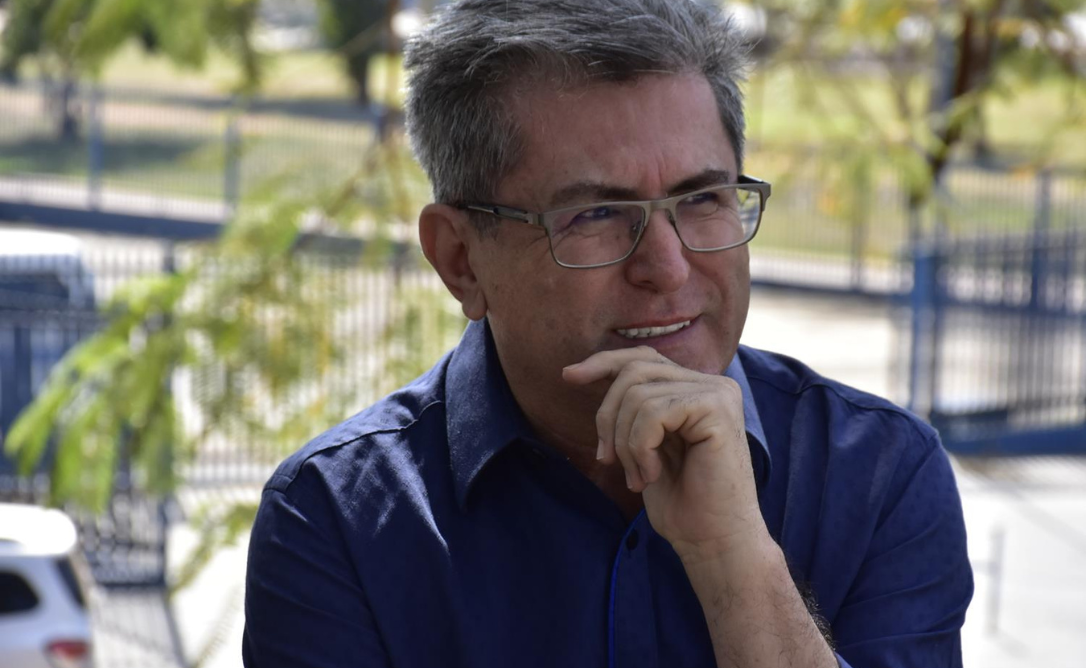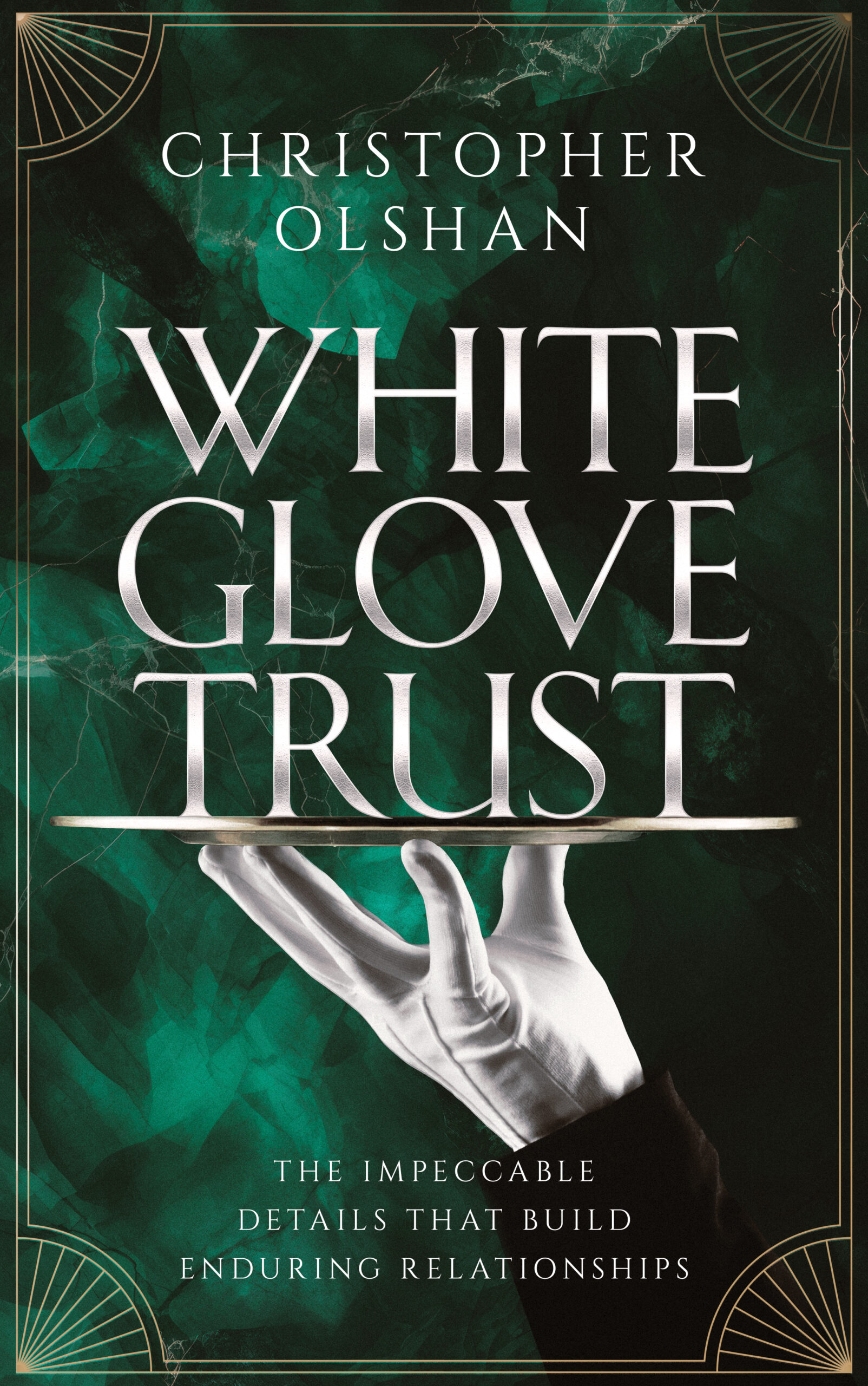In *Tavares Terra: The Minas Gerais Diaspora, the Tavares Terra Family, and José Theodoro de Souza in the São Paulo Hinterland*, writer and researcher Henrique Chagas transforms meticulous genealogical research into a powerful portrait of the origins of the Brazilian hinterland. The work revisits the trajectory of the Tavares Terra family and the pioneer José Theodoro de Souza, founder of towns in the São Paulo hinterland, to expose the impact of the 1850 Land Law, land conflicts, and the violence against indigenous peoples that shaped the country’s interior in the 19th century. With engaging language and historical precision, Chagas combines memory, poetry, and social critique to reconstruct a narrative that restores humanity to names forgotten by official history.
Your work transforms genealogical research into a true historical epic. At what point did you realize that tracing your own ancestry could also become a narrative about the heart of Brazil?
I realized this when I discovered the kinship with José Theodoro de Souza, called the “last of the bandeirantes” and leader of the conquest of western São Paulo. From then on, the research ceased to be merely familial—it became a journey through the very formation of the Brazilian interior, where the stories of a lineage intertwine with the history of the São Paulo hinterland itself.
“Tavares Terra” shows that the history of families is also the history of the land and the wounds left on it. What was it like emotionally to revisit these records and deal with the violence that shaped the backlands of São Paulo?
It was intense. I was surprised, speechless, to realize how close the events were. Each document carried not only names and dates, but also marks of pain, violence, expulsions, and the erasure of the indigenous peoples. I understood that the founding violence of the backlands still echoes in today’s inequalities. I wrote to acknowledge these wounds; and to bear their weight, I tried to narrate the facts with sobriety, without excessively exposing my pain.
You mention the importance of restoring humanity to forgotten names. What was the most striking encounter in this research—that character or document that made you see the past with new eyes?
Without a doubt, the encounter with the baptismal certificate of my great-grandfather (1842), Francisco Leite das Chagas, “Chico Terra,” son of João Tavares Terra, who accompanied the expedition of José Theodoro de Souza, was the most significant moment. There I realized that, behind an invented surname, there was a whole life: an anonymous farmer from Minas Gerais, but essential in the exploration of the São Paulo hinterland. I can also mention Henrique Tavares da Silva, my great-great …
The book addresses the impact of the 1850 Land Law and the legitimization of land grabbing. While writing, did you feel that this legal legacy still resonates in the inequalities and territorial disputes of present-day Brazil?
The Land Law of 1850 transformed Brazil into a country where land came to have an owner, and almost always the same owner, excluding indigenous people, blacks, and colonists. In Pontal do Paranapanema, this legacy is evident: large properties arose from old land grabs, while communities still fight for space and dignity. Land conflicts remain unresolved; and governments, by legitimizing vacant lands, repeat the historical cycle of favoring large landowners and land grabbers.
José Theodoro de Souza is presented as a symbol of an era in which faith, power, and ambition were intertwined. What was the greatest challenge in portraying a historical figure without turning him into either a hero or a villain?
The greatest challenge was to look at José Theodoro de Souza and his men with humanity, without idealization or judgment. He was a man of his time: courageous and visionary, but also a protagonist in a violent and cruel process of occupation and colonization. I sought to show his contradictions: the faith that guided him, the ambition that drove him, and the resulting consequences. Ultimately, he reflects the culture of Brazil that he helped to shape.
Your writing balances technical rigor and poetic sensibility. How do you find the meeting point between the researcher and the writer, between historical data and the emotion of the narrative?
I think this balance comes from respecting the research sources. First I study the documents, then I let the emotions find their space. You can’t write about the backlands without feeling what it evokes. The researcher seeks the truth of the facts, but it is the writer who translates the forgotten voices. In the end, one complements the other and gives meaning to the narrative.
You draw a powerful analogy between the saga of the Tavares Terra family and productions like Yellowstone. What does this comparison reveal about how much we still need to recognize and value our own national epics?
It reveals that Brazil has grand stories, but they are still little or poorly told. Yellowstone shows the American myth of the conquest of the West; and we have our own, with dramas, violence, injustices, and resistance that are far more complex. The saga of the miners in the backlands of São Paulo is one of those untold Brazilian epics from our western São Paulo. We need to look at them with the same critical sense that other peoples dedicate to theirs.
“Tavares Terra” also seems to be an invitation to rethink what belonging means — to the land, to family, to history. After this journey, how do you see the concept of ‘origin’ today?
Today I understand that origin is not a starting point, especially since there are countless starting points, but a path that continues within us. It is not only in the past, it is in what we inherit: gestures, values, wounds, and dreams. We descend from the Visigoths, considered barbaric peoples, and from the Sephardic Jews persecuted by the Inquisition, who crossed the Atlantic and, centuries later, helped conquer western São Paulo. To belong is to recognize these layers and transform them into consciousness. To know one’s origin, in essence, is to reconcile oneself not with the past, but with one’s own destiny.
Follow Henrique Chagas on Instagram





